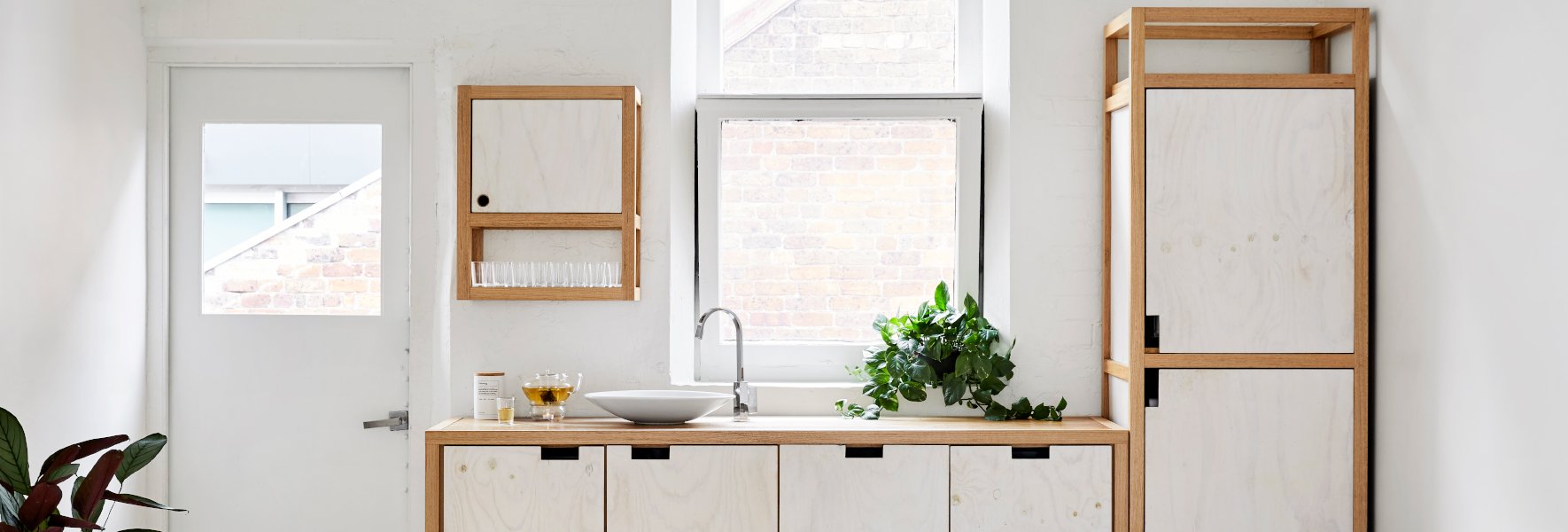I get asked this question once a week on average and I get it – the choice in where and how you do your teacher training is overwhelming these days! With so much to choose from it’s good to know a few key points..
1. Get clear on your why
Interested in strong asana? Want to learn how to sequence creative flows? Keen to study philosophy? Only want to teach yin or restorative yoga? Or prenatal? Or kids yoga? Looking to create a regular meditation practice or be a meditation teacher?
The more specific and clear you get on these points, the easier it’s going to be to eliminate courses that don’t fit your needs and hone in on the ones that offer what you want.
Is there anything you’re not keen on studying? I believe the students that do best in teacher training are those that keep an open mind towards learning all aspects of the practice, the parts they’re familiar and excited to study as well as the parts that are less known or boring or they’re less confident about. If you love your hot power flow class but the idea of studying philosophy and energetics makes you yawn, ask yourself, am I going to be open to studying this if I take a teacher training? While every course is different, you’re going to be hard pressed to find one that has 100% of the content you know want to learn – there are always going to be unknown elements. The question is are you ready to embrace that? An open mind is key for learning.
2. Research Research Research
Google is your friend! Collect those course outlines and study them from start to finish (no skimming!). Make sure the cost, course dates, subjects, assessment criteria, contact hours and the required attendance to pass suit you. Most are available on the website or by emailing the studio or teacher.
Do your research offline as well. Most studios will offer free teacher training information sessions and most solo yoga teacher trainers will be available for a meeting over coffee or by phone to discuss the course details and answer your questions. When possible, it’s great to speak with graduates from the course and get a first hand account of how they found the training. Questions to ask would be how they found the workload, how were the group dynamics, did they do much practice teaching and what were there stand out moments.
You could also contact the good people at Yoga Australia. These guys are an excellent Australian based professional body that give advice to yoga trainees plus teachers and they’re an excellent source of non biased information on teacher training. If you have a lot of questions about insurance, teaching in Australia versus overseas or just about the yoga industry in general they’re worth a phone call and are here to genuinely help.


